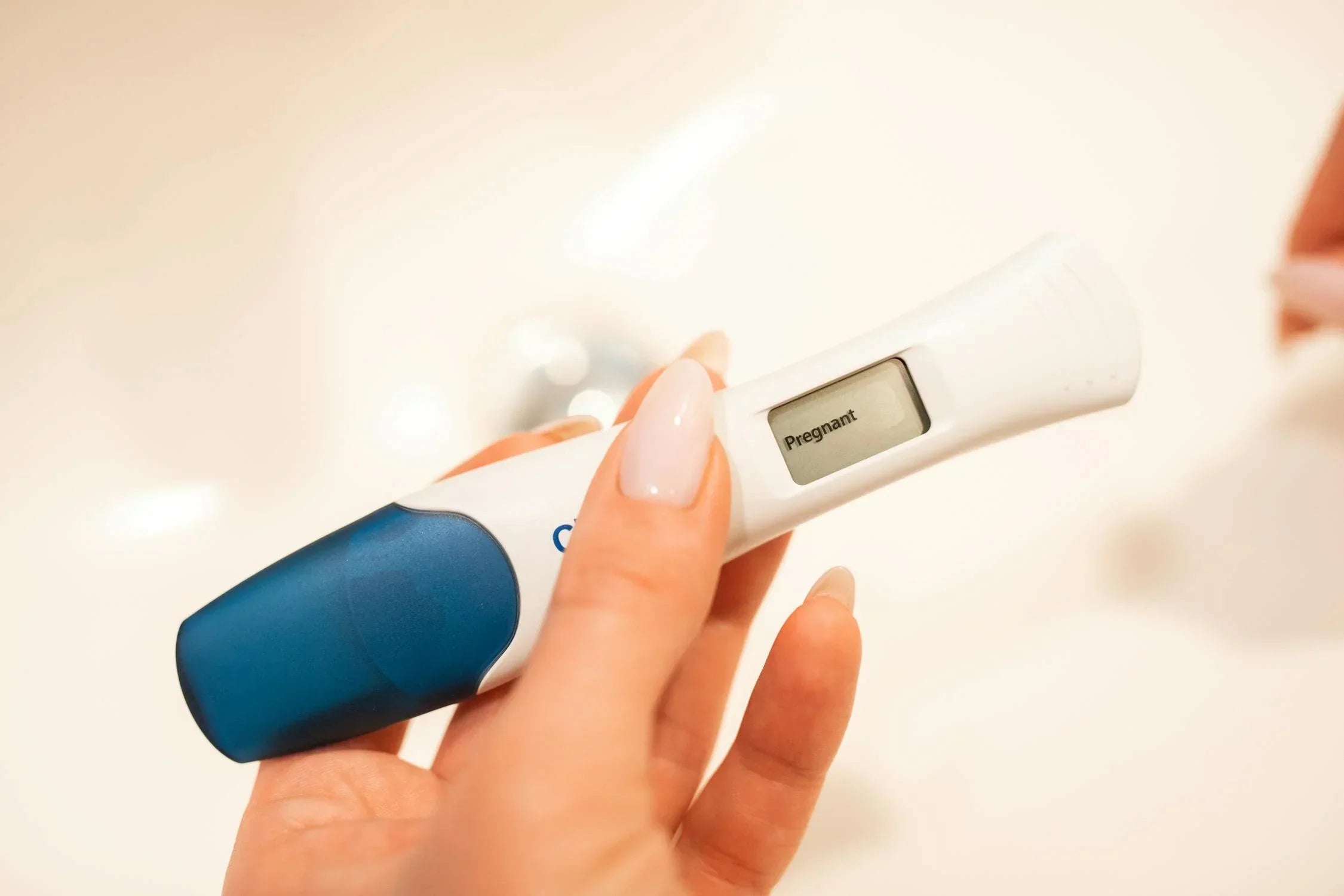Inicio
Pregnancy, Breastfeeding, and Pumping: The Ultimate Guide for Moms
How Early Can You Take a Pregnancy Test: Everything You Need to Know

How Early Can You Take a Pregnancy Test: Everything You Need to Know
Are you anxiously waiting to find out if you're pregnant? The suspense can be overwhelming, but knowing when to take a pregnancy test can make all the difference. This guide will walk you through everything you need to know about taking a pregnancy test early, ensuring you get the most accurate results possible.
Understanding Pregnancy Tests
Pregnancy tests detect the presence of human chorionic gonadotropin (hCG), a hormone produced during pregnancy. There are two main types of pregnancy tests: urine tests and blood tests. Urine tests are the most common and can be done at home, while blood tests are conducted at a healthcare provider's office.
How Do Home Pregnancy Tests Work?
Home pregnancy tests work by detecting hCG in your urine. Most tests come with a stick or strip that you either hold in your urine stream or dip into a collected sample. The test will show results in a few minutes, typically as lines, plus signs, or digital words such as 'Pregnant' or 'Not Pregnant.'
How Early Can You Take a Pregnancy Test?
How soon you can take a pregnancy test depends on the test’s sensitivity and the timing of implantation. Implantation typically happens 6-12 days after ovulation, and hCG levels start to rise shortly after. Some highly sensitive tests can detect hCG as early as 6-8 days after ovulation, but for the most accurate results, it's best to wait until the first day of your missed period.
Factors Affecting Test Accuracy
Several factors can affect the accuracy of a pregnancy test, including the timing of the test, the sensitivity of the test, and how you use it. Testing too early, misreading instructions, or using an expired test may result in inaccurate results.
Types of Pregnancy Tests
There are various types of pregnancy tests available, each with its own level of sensitivity and method of use. Understanding the differences can help you choose the best test for your needs.
Standard Urine Tests
Standard urine tests are the most common and are available at most drugstores. They are easy to use and provide results within minutes. However, their sensitivity can vary, so it's important to check the packaging for information on how early they can detect hCG.
Early Detection Tests
Early detection tests are designed to detect lower levels of hCG, allowing you to test earlier than with standard tests. These tests can be more expensive but are a good option if you're eager to find out as soon as possible.
Digital Tests
Digital pregnancy tests provide results in words rather than lines or symbols, making them easier to interpret. They are also highly sensitive and can detect hCG early, but they tend to be more expensive than other types of tests.
Tips for Accurate Results
To ensure you get the most accurate results from your pregnancy test, follow these tips:
- Wait until the first day of your missed period to test.
- Use your first morning urine, as it is more concentrated and contains higher levels of hCG.
- Follow the instructions carefully, including the recommended wait time for results.
- Check the expiration date on the test to ensure it's still effective.
- Avoid drinking too much fluid before testing, as it can dilute your urine and affect the results.
What to Do After a Positive Test
If your pregnancy test is positive, you should confirm the results with a doctor or midwife. They can perform a blood test or ultrasound to confirm the pregnancy and provide guidance on prenatal care.
When to See a Doctor
It's important to see a doctor as soon as possible after a positive pregnancy test to ensure you and your baby receive the best care. Early prenatal care can help identify any potential issues and ensure a healthy pregnancy.
Common Myths About Pregnancy Tests
There are many myths and misconceptions about pregnancy tests that can lead to confusion. Here are a few common ones:
- Myth: False positives are impossible. Fact: While rare, they can occur due to fertility treatments or certain medical conditions, like ovarian cysts.
- Myth: All pregnancy tests are the same. Fact: Different tests have different levels of sensitivity and accuracy.
- Myth: You can't take a pregnancy test at night. Fact: While first morning urine is best, you can still get accurate results at other times of the day.
Frequently Asked Questions
Here are answers to some of the most frequently asked questions about pregnancy tests:
Can I Take a Pregnancy Test Before My Missed Period?
Yes, some highly sensitive tests can detect hCG before your missed period, but for the most accurate results, it's best to wait until the first day of your missed period.
How Soon After Sex Can I Take a Pregnancy Test?
It takes time for hCG levels to rise after conception, so it's best to wait at least 6-8 days after ovulation or the first day of your missed period.
Can Medications Affect Pregnancy Test Results?
Certain medications, especially fertility drugs containing hCG, can interfere with pregnancy test results. If you're unsure, consult your healthcare provider.
Taking a pregnancy test can be a nerve-wracking experience, but knowing when and how to test can make it easier. By understanding the different types of tests, factors affecting accuracy, and tips for getting the best results, you can confidently take the next step in your pregnancy journey. Whether you're hoping for a positive or negative result, this guide has you covered.
Compartir


